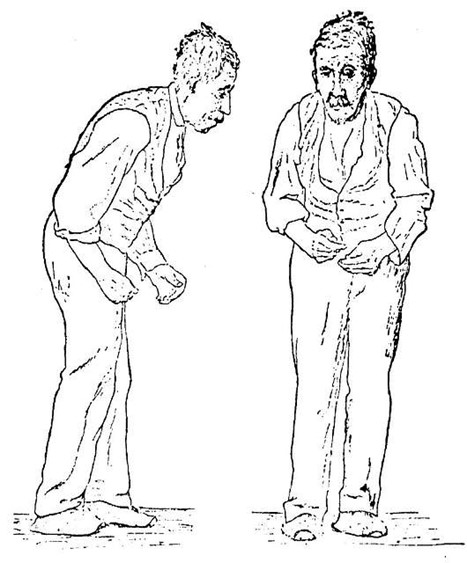On Thin Ice: The Cognitive Benefits of Mindful Skating
Ice skating is more than just a graceful dance on frozen water—it’s a dynamic interplay between body and mind. Beyond its physical benefits, ice skating offers a unique opportunity to understand the intricate relationship between movement and brain function. In this blog, we delve into the fascinating connections between ice skating and brain health.
The Science Behind the Glide:
When you lace up your skates and step onto the ice, your brain immediately goes to work. Ice skating engages multiple regions of the brain simultaneously, from motor coordination to spatial awareness. The cerebellum, responsible for coordinating movement and balance, springs into action as you navigate the slippery surface. Meanwhile, the prefrontal cortex, involved in decision-making and executive function, comes into play as you plan your route and anticipate obstacles.
Balance and Proprioception:
Ice skating challenges your balance like few other activities. The constantly shifting surface forces your brain to adapt and fine-tune your sense of proprioception—the ability to perceive your body’s position in space. With each graceful glide and intricate turn, your brain receives feedback from your muscles and joints, refining your balance and coordination over time.
Cognitive Benefits:
Beyond its physical demands, ice skating offers a wealth of cognitive benefits. Research suggests that activities that combine physical exercise with mental engagement, such as ice skating, can enhance cognitive function and reduce the risk of age-related cognitive decline. By stimulating neural pathways associated with:
- memory
- attention
- problem-solving
ice skating becomes a powerful tool for maintaining brain health throughout life.
Emotional Well-being:
Ice skating isn’t just good for the body and mind—it’s also a boon for emotional well-being. The rhythmic motion and sense of flow induced by gliding across the ice can promote:
- relaxation
- stress reduction
Moreover, the social aspect of ice skating, whether you’re skating solo or with friends, fosters a sense of connection and belonging, further boosting mood and mental resilience.
Learning and Growth:
Whether you’re a novice or a seasoned skater, ice skating offers endless opportunities for learning and growth. The process of:
- mastering new skills
- overcoming challenges
- pushing your limits
builds resilience and strengthens neural connections. As you refine your technique and expand your repertoire of moves, you’re not just honing your physical prowess—you’re also nurturing your brain’s capacity for adaptation and growth.
See the full scientific article from The New York Times.
By challenging your balance, engaging your cognitive faculties, and promoting emotional well-being, ice skating offers a multifaceted approach to brain health. So, the next time you lace up your skates, remember that you’re not just gliding across the ice—you’re giving your brain a workout, too. Embrace the mindful glide and let the magic of ice skating nourish your body and mind.
Improve your cognition and focus with Brain Vitale from Asher Longevity Institute. This remarkable supplement enhances mental clarity, sharpens planning skills, and boosts organizational acuity. It also improves spatial relationships, maximizing your cognitive capabilities.




